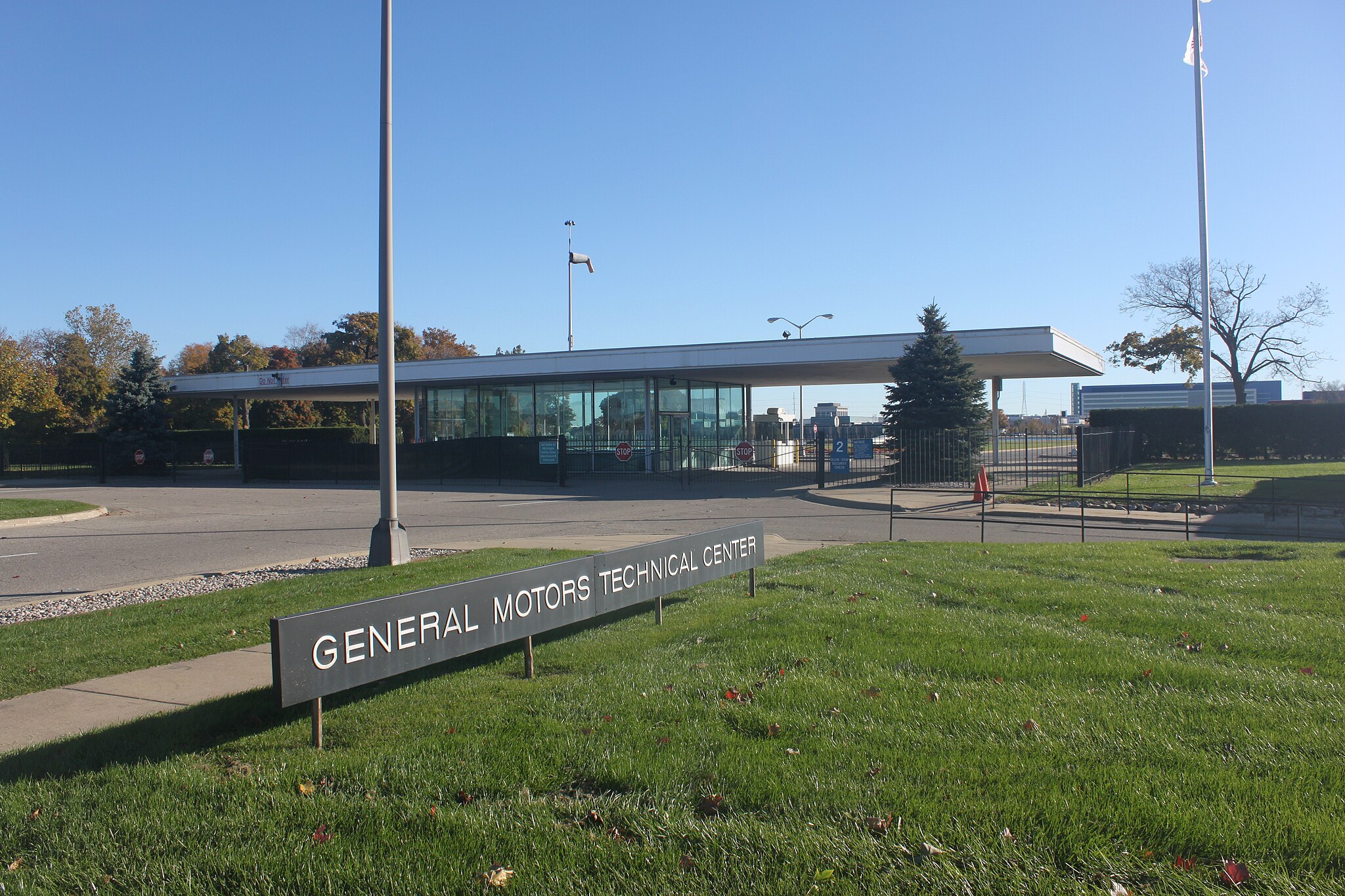
Credit: Darren56brown
GM Halts Construction of $2.6 Billion Tennessee EV Megafactory, Triggering Mass Layoffs
General Motors has paused construction of its planned $2.6 billion electric-vehicle megafactory in Spring Hill, Tennessee, leading to the abrupt dismissal of hundreds of workers and raising questions about the company’s long-term EV strategy. The facility was originally expected to produce up to 300,000 electric vehicles annually beginning in 2027, positioning it as one of GM’s most important manufacturing hubs for its Ultium-based EV lineup.
Announced in 2021, the Spring Hill project represented a major pillar of GM’s commitment to an all-electric future. Site preparation and foundational work were already underway in Maury County, with local contractors, construction teams and suppliers engaged when the company ordered the immediate work stoppage.
GM said shifting market conditions, slowing demand for EVs, and excess battery capacity prompted the decision. CEO Mary Barra, speaking during the company’s quarterly earnings call, noted that economic uncertainty has cooled consumer interest and forced GM to reassess near-term production goals. The move follows delays at the company’s Ultium Cells joint-venture battery plants—facilities that were expected to supply the Tennessee site.
Internal documents obtained by The Wall Street Journal indicate the pause could reduce capital spending by approximately $500 million in the near term. The decision, insiders say, gives GM flexibility to reevaluate investment priorities amid a rapidly changing EV market.
Local Impact: Hundreds of Workers Laid Off
The construction freeze has immediate economic consequences for the Spring Hill region. Between 400 and 500 construction workers have reportedly been laid off without detailed severance information, according to local United Auto Workers (UAW) representatives. The news has rippled through a community already anchored by GM’s existing SUV plant, which employs more than 4,000 people.
Local leaders, including Tennessee Governor Bill Lee, expressed disappointment, noting that the megafactory had been projected to support 4,000 permanent jobs once fully operational. Economists warn that reduced worker spending could slow growth in housing, retail and services across Maury County.
GM Recalibrates Its EV Strategy
The Tennessee construction halt is part of a broader strategic shift. GM recently updated its electric-vehicle production targets, cutting its 2024 goal from 400,000 units to roughly 200,000, according to its Q3 2023 earnings report.
The company is redirecting more resources toward hybrid vehicles, prioritizing profitability over rapid expansion. CFO Paul Jacobson emphasized in an interview with CNBC that capital discipline is now central to the company’s approach. For now, GM says the Spring Hill project is “paused indefinitely” until market conditions improve.
Industry analysts say the move reflects a pragmatic attempt to balance innovation with financial sustainability as consumer demand fluctuates and technology rapidly evolves.
Industry and Regulatory Reactions
GM’s decision has generated strong responses across the automotive sector. Rivals Ford and Tesla have similarly delayed EV production initiatives, signaling a broader pattern of cautious investment amid economic pressure and uneven demand.
The United Auto Workers union, currently navigating contract negotiations, has condemned the layoffs as a warning sign for workers across the industry. UAW President Shawn Fain called the situation “a wake-up call” and reiterated the union’s call for stronger job-protection measures as automakers transition to electric mobility.
Regulatory incentives under the Inflation Reduction Act, including EV tax credits of up to $7,500, are also facing renewed scrutiny as policymakers assess whether current incentives are effectively stimulating consumer demand.
Looking Ahead
While GM continues to express long-term confidence in electric vehicles, the pause at Spring Hill underscores the uncertain and fast-shifting landscape facing automakers. The timing for resuming construction remains unclear, and local leaders, industry observers, and workers will be closely watching how GM adjusts its strategy in the months ahead.
-

NEWSROOM
We are a dynamic daily channel dedicated to delivering essential insights on economics, business, and politics—empowering professionals and decision-makers to navigate a complex and fast-evolving world. Our content blends in-depth reporting, exclusive analysis, and strategic interviews to help readers stay informed, anticipate opportunities, and make smarter decisions. Connect with us at info@moneyinfocus.news
to collaborate or learn more.














